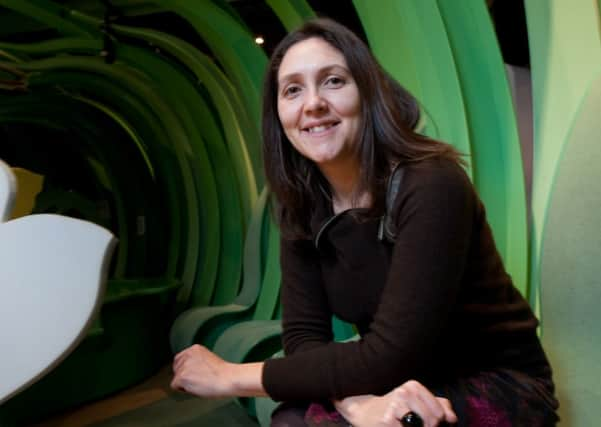Halifax play expert’s call to raise school age


Under the existing law youngsters in England have to be in education the term after their fifth birthday.
But Rebecca Caswell, strategic lead; play and early years, at Halifax-based Eureka! The National Children’s Museum, would like to see the age increased.
Advertisement
Hide AdAdvertisement
Hide AdMs Caswell, who is head of the museum’s recent survey into play, said: “Ideally I would like to see children not start school until they are six. Countries in Europe where children start later are actually more academically successful than we are: Scandinavia, the Netherlands, Switzerland.
“If they were in a play-based environment up until the age of six that would be ideal. Then it would be good to see more playful opportunities for learning integrated into the curriculum and also ensuring that playtime/break time, where they have complete free play, does not disappear.”
Ms Caswell would also like to see more play in education.
“If you are in a playful learning environment you would be spending that time developing the fine motor skills needed to hold a pencil, for example, using play dough or doing exercises to music. So that is then preparing the children without forcing them. There are two reasons for not wanting to force children into developing these skills too early. The first is that many children’s brains are not ready to hold a pencil and have that hand-eye coordination until they are a little bit older, aged six or seven. Also if they are unable to do it they are already starting to feel a sense of failure, as young as three in some cases, and self esteem has a massive impact on how you learn.”
A Department for Education spokesperson said that there is no compelling evidence that starting at a later stage has any significant benefit.
Advertisement
Hide AdAdvertisement
Hide AdThe museum’s survey, entitled Play for Today, revealed that 77 per cent of adult respondents acknowledged play was an important all year round activity. Parents’ comments included: “not enough play done in schools” and “too much focus on Ofsted and SATS.” A third of adults said they do not feel they have sufficient time to play with their children. But Ms Caswell wrote: “putting pressure on parents to play could actually be detrimental,” and suggested that it is as important to allow children to play alone or to enhance time spent together by turning household tasks into play.
The survey revealed 81 per cent of children prefer to play outside than watching television. Parents said that 17 per cent of their child’s play time was spent interacting with technology and 83 per cent without. Some 95 per cent of parents and adult carers believe that risk in play is a benefit to the child. The findings may be used to produce a leaflet and web resources for parents nationally to help their children play outside safely.
Ms Caswell said: “We hope that this will also influence education experts and policy makers, for them to recognise that parents see play as beneficial to their child’s development. For us that was one of the biggest things that came out of the research - unanimous recognition that play is beneficial to helping children build confidence.”